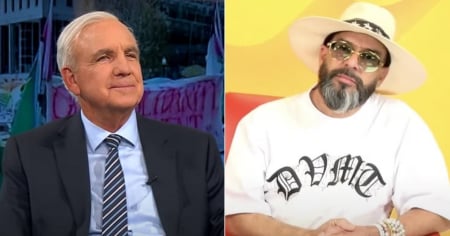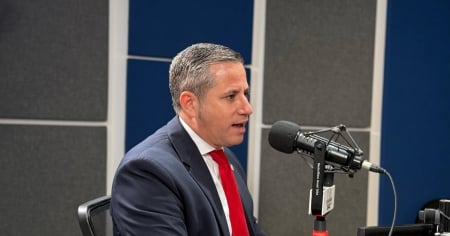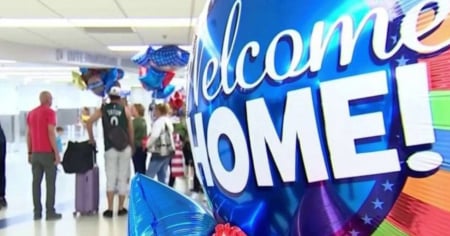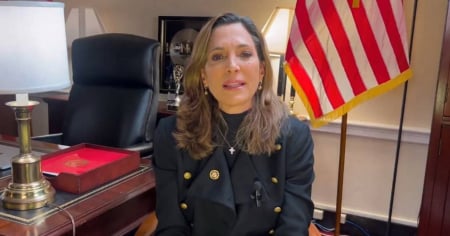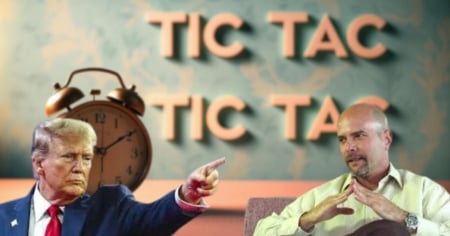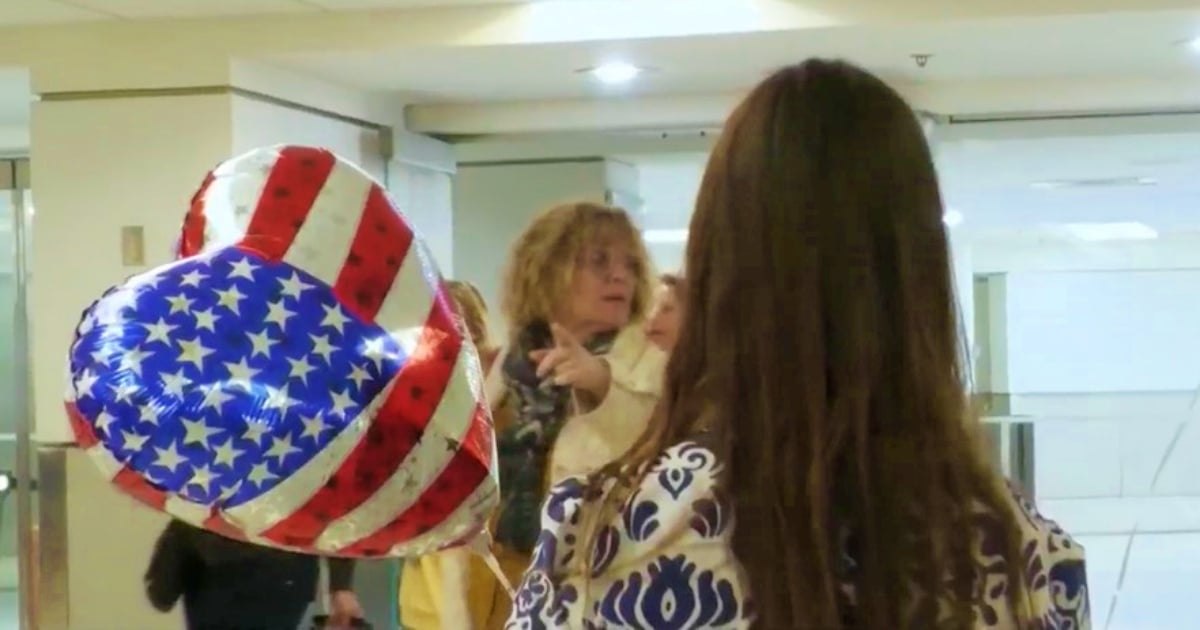
Related videos:
The Cuban activist Liu Santiesteban spoke out on social media regarding the recent decision by United States President Donald Trump to revoke humanitarian parole, a policy implemented during Joe Biden's administration.
In a Facebook post, he criticized the measure and pointed out that many Cubans who entered through the border after July 11, 2021, are left in a migratory limbo, having received the I-220A or I-220B form, which prevents them from benefiting from the Cuban Adjustment Act and other means of regularization.
"Biden removed the status from Cubans who entered through the border after July 11. They were given the I-220A and B and are not allowed to apply for the Adjustment Law, nor were they granted credible fear, asylum, or anything," stated Santiesteban.
Furthermore, he questioned the impact of parole on the Cuban community, asserting that it allowed the entry of individuals without the need to demonstrate political persecution and favored “henchmen and front men” of the regime, to the detriment of true opponents.
Nonetheless, he stated that those who arrived with humanitarian parole have nothing to fear, as they have legal admission and will be able to apply for the Cuban Adjustment Act after a year in the country.
Their publication has sparked wide debate on social media, with multiple reactions and conflicting stances.
Among the responses, some questioned the elimination of parole without a solution for Cubans with I-220A, pointing out that the immigration policy has been inconsistent even before Biden took office:
"I entered this country with Trump and some of us received I-220A while others received parole under identical circumstances. Is the solution to attack those on parole without addressing the issue of the I-220A? Unjustifiable extremism," expressed a user.
Others condemned the fact that Cubans attack their fellow countrymen instead of uniting in search of solutions
It is shameful to see Cubans turning against other Cubans, wishing them the worst, as if they have forgotten their own history. While some attack their own, the communists rub their hands and mock.
There were also those who supported Santiesteban's stance and argued that the true exiles have been harmed, while others took advantage of the programs from the Biden era without facing political persecution
“Indeed, the true exiles are in a migratory limbo while the henchmen enjoy all the benefits of this great country,” commented another.
On the other hand, Venezuelans have also expressed their disagreement with the revocation of this measure, considering that many people made sacrifices to reach the United States and now face the possibility of being deported:
"I am an exiled Venezuelan, but I find the measures taken to be unjust. I am a witness to how many people left behind a lot, made enormous sacrifices to arrive in the U.S. on parole, and now this gentleman with a signature intends to send them back to Venezuela."
The elimination of humanitarian parole continues to generate strong reactions both within and outside the Cuban exile community, with divided opinions between those who view the measure as a necessary correction and those who consider it an unfair blow to thousands of migrants seeking stability in the United States.
In response to the Executive Order 14165 issued by President Donald Trump, signed on January 20, which establishes the securing of the border and the termination of categorical parole programs, last Friday the Department of Homeland Security (DHS) announced the end of these programs for citizens of Cuba, Haiti, Nicaragua, and Venezuela, as well as their immediate family members, known as CHNV.
According to a statement signed by Kristi Noem, Secretary of Homeland Security, pending travel permits, confirmed supports (I-134A), and employment authorization derived from parole will also be revoked.
Since the start of the program in 2023 and until July 2024, approximately 110,000 Cubans were examined and authorized to travel.
Until the end of July, more than 520,000 people from Nicaragua, Venezuela, Haiti, and Cuba benefitted from this program by the Biden administration.
Frequently Asked Questions about the Revocation of Humanitarian Parole for Cubans
What is humanitarian parole and why is it so important for Cubans?
The humanitarian parole is a program that allows the temporary and legal entry of migrants from Cuba, Venezuela, Nicaragua, and Haiti into the United States. It was created by the Joe Biden administration to provide a safe channel for those fleeing difficult situations in their home countries. It is important because it has been a way for over 110,000 Cubans to enter the U.S. legally, offering them the opportunity to seek a better life and eventually apply for permanent residency under the Cuban Adjustment Act.
What are the consequences of the revocation of humanitarian parole by the Trump administration?
The revocation of humanitarian parole by the government of Donald Trump means that beneficiaries of this program will lose their legal status in the U.S. Migrants who have not yet completed one year and one day in the country, and who have not applied for another immigration benefit, will be at risk of expedited deportation. This creates uncertainty and fear within the Cuban community and other migrants, as many are left without clear legal alternatives to regularize their status.
What can Cubans affected by this measure do to regularize their situation in the U.S.?
Cuban individuals affected may consider applying for permanent residency under the Cuban Adjustment Act if they have been in the country for one year and one day. They may also explore other options such as political asylum or an employment visa, depending on their personal circumstances. It is crucial that they seek legal advice to understand their options and take action before new deportation policies come into effect.
How has the Cuban community and pro-immigration organizations reacted to these new policies?
The Cuban community and pro-immigrant organizations have responded with concern and criticism to Trump's new deportation policies. There are fears of possible mass deportations and the humanitarian impact this could have on thousands of Cuban families who have sought to rebuild their lives in the United States. Organizations are mobilizing to provide legal support and advice to those affected, seeking ways to pressure the government to reconsider these measures.
Filed under:

